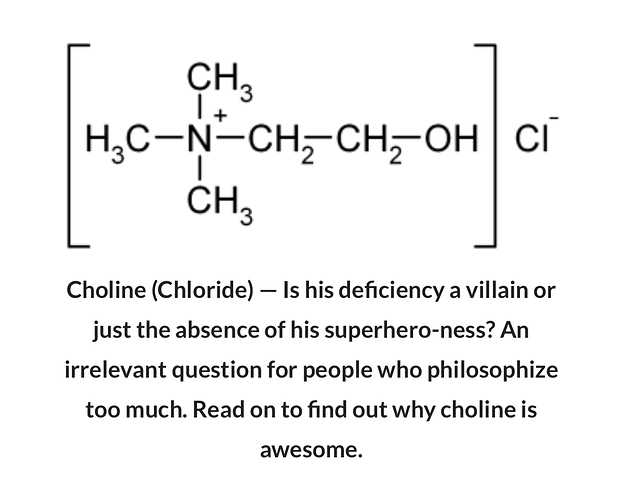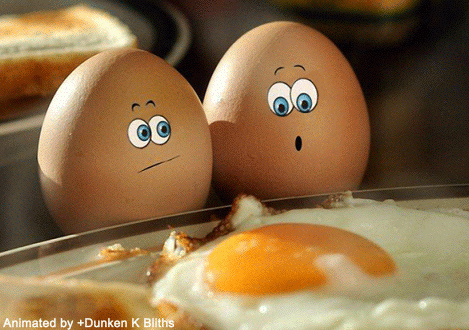I would recommend the audiobook of The Diabetes Code by Jason Fung. I think it’s his best book, very well written narrative format, and it is read by Jason Fung, which is a big plus. From the title, you might not expect it to mention fatty liver, but it comes up frequently. It also gives a very compelling illustration of the cumulative effect of consuming more sugars than the body can process. It’s rather shocking.
The sugar threshold is very interesting. Jason Fung mentions how it’s not necessarily a matter of being visibly obese, obesity can be a manifestation of the body trying to protect itself from the over abundance of sugars. Some people aren’t as able to put on weight as others but that excess sugar still has to go somewhere and winds up getting deposited on the organs like the liver and pancreas and these people wind up with diabetes sooner.
Something that the book spends some time on is how fructose and alcohol toxicity manifest in the same way on the liver. (I think alcohol is worse than fructose in any number of ways, but I’m just talking about fat accumulation in the organs here.)
Alcohol may not be one of the factors for your friend but should be mentioned. People sometimes talk about keto approved alcohol, referring to spirits that have no carbs, therefore, keto. Maybe that’s true in the sense of spirits not spiking insulin like beer or wine, but what startled me about the fructose chapter in Jason Fung’s Diabetes Code is that fructose doesn’t spike insulin either. And like alcohol, fructose can only be metabolized by the liver. Because of this limitation, having more come through than the liver can process at once can lead to fatty liver. With the introduction of high fructose corn syrup into the food supply, combined with dietary recommendations to cut back on fat which led to people filling in the gap with more carbohydrates that breaks down into sugars, more and more people are getting a condition that had been mainly associated with high alcohol consumption. So given that, being on a higher carb diet and being a regular drinker of alcohol is a particularly toxic combination and everyone has their own threshold as to how much they can consume before bad things happen. Some people have lower threshold due to genetics, gender, size, etc.
I recommend The Diabetes Code because it is better written than Jason Fung’s previous two books (in my opinion) and good for listening to on a commute or on walks. It does not mention keto so avoids the “fad diet” tag. It addresses an alarming health epidemic that affects everyone even if your friend thinks diabetes is not her personal concern, and offers hope of being able to turn this worldwide trend around.
A ketogenic diet combined with fasting to burn off the fatty accumulation on the organs so that the body can work better and start to heal would help your friend, but since she is scared to go against her doctor’s recommendation to go on a low fat diet, I think this is a good audiobook to recommend that’s written by another doctor and goes into detail about how the entire body is affected by excess sugars/carbs.
Your friend cannot be blamed for being afraid of your suggestion that she’s better off eating MORE fat when she’d just had this diagnosis come down. It’s counterintuitive advice. It goes against the recommendation of her doctor. It goes against everything we’ve all been hearing for years and years about the dangers of fat, and unfortunately, the name fatty liver sounds like a problem of fat, not sugar. So it’s a huge mental shift that needs to take place. But it shouldn’t be too hard for her to be convinced that low carb is the right course. So I think, start with The Diabetes Code. I think she will find it very reasonable and logical delivery.
A good followup audiobook is “The Big Fat Surprise” by Nina Teicholz, read by Nina Teicholz. It’s not written by a doctor, but by the time I was about half way through, I was already feeling, “okay, okay, you’ve convinced me, we’ve been told the wrong things about fat!” but she just kept going on an on. I don’t mean that in a bad way necessarily, it’s just kind of relentless how much information she’s gathered. I found the information somewhat upsetting.
Recently, I listened to “Why We Get Fat and What to Do About it” by Gary Taubes and the narrator Mike Chamberlain is good. It’s another good book about science and what happens when people fall into trap of seeing what they want to see, so it’s interesting.
Best wishes to you and your friend. Sorry for such a long post.




